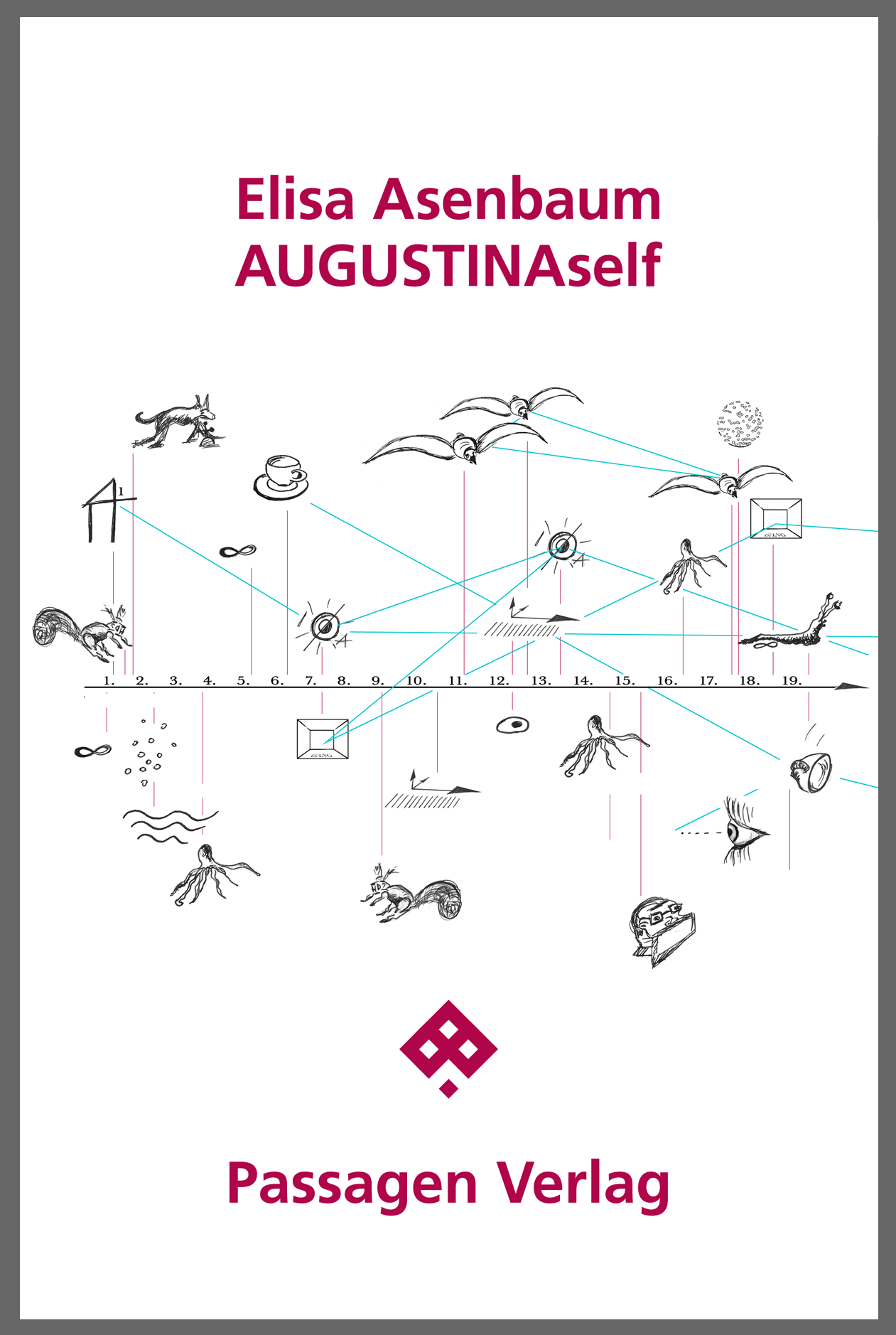|
AUGUSTINAself A story with contextual traces on the net In the morning, Augustina feels as if awakened dreamless and full of indeterminacy when she slips into the uniform of her everyday life. Between scattered, absurd dream elements the reader, following a recurring story line, plunges into a puzzling series of events which are gradually assembled into a chronological narrative. The humorous fiction surprises with twists, changes in style, and intriguing combinations of content. Inspired by Zeno’s arrow paradox, different philosophical and natural scientific world views are confronted with each other in playful discourse. As dreams sometimes weave their tangled threads into the order of waking consciousness, here it is “reality” that threatens to become manifest as a disturbance in Augustina’s dream world. Thus a critical voice also speaks up in this fantastic story, referring subtly to current societal issues. Whether animal, plant, teacup, woman or man;in Augustina’s dream they all represent states of being, and stand for diametrically opposed views and approaches to interpreting the world. First English edition 2022 by Passagen Verlag Ges. m. b. H / Original title: AUGUSTINAselbst / English translation by David Ender eISBN 978-3-7092-5049-5 http://www.passagen.at
Available in all online stores
Dream figures in philosophical crises Contextual traces on the net Parallel to the literary fiction of AUGUSTINAself, the contextual traces on the net offer insight into the scientific and philosophical themes that occupied and inspired the author's content. The narrative is graphically represented in its chronology, with chapters noted on the timeline and annotations set chronologically. The drawings embody characters or themes of the narrative. The connecting lines show references to the content of the story. The interactive annotation page for the book contains many explanations of terms, references to historical or scientific contexts, as well as quotations and book references. |

|